Super Moringa Extract
- super moringa Increases the Natural Defenses of the body
- Provides nourishment to the eyes and the brain.
- Promotes metabolism with bio-available ingredients
- Promotes the Cell structure of the body
- Promotes natural Serum cholesterol.
- Lowers the appearance of wrinkles and fine lines.
- Promotes the normal functioning of the liver and the kidney.
- Beautifies the skin
- Promotes energy
- Promotes proper digestion
- Acts as an antioxidant
- Takes care of the immune system of the body
>>>Read More
14,335CFA
Benefits
- Promotes proper digestion
- Acts as an antioxidant
- Takes care of the immune system of the body
- Promotes healthy circulatory system
- It is an anti-inflammatory
- Gives a feeling of general wellness
- Supports the normal sugar levels of the body.
Amino acids are the building blocks of protein. Just as different letters of the alphabet are used to form different words, so are different amino acids used to build different proteins.
The human body is capable of manufacturing only 12 of the 20 different amino acids needed to build proteins used to grow, repair, and maintain cells. The other eight are known as essential amino acids because since the body cannot manufacture them, theymust come from a person’s diet, usually red meat or dairy products.
This is not as simple as it sounds since frequently the full range of amino acids a body needs to be healthy are lacking in our food. As one pharmacist noted, “I see a lot of overweight people, but they’re all malnourished.”
Because Moringa Tea, is naturally packed with 18 of the 20 amino acids which are highly absorbable and absolutely crucial to good health. According to clinical pharmacologist, Dr. Monica G. Marcu, “Amino acids are best absorbed from a complex, naturally occurring food or plant source.” Ann Hirsch, PhD, Professor of Botany at University of California, Los Angeles, concurs saying, “One of the things that impresses me most about Moringa is the fact that it has the full complement of the essential amino acids that humans beings need; there are eight of them that we cannot synthesize, so we have to get them from our food.” Moringa is one of very few plants that contain all eight essential amino acids;
Phytonutrients
The term “phyto” originated from a Greek word meaning plant. Phytonutrients are certain organic components of plants, and these components are thought to promote human health. Fruits, vegetables, grains, legumes, nuts, and teas are rich sources of phytonutrients. Unlike the traditional nutrients (protein, fat, vitamins, minerals), phytonutrients are not “essential” for life, so some people prefer the term “phytochemical.”
Rui Hai Liu, M.D., Ph.D., Associate Professor of Food Science at Cornell University, has examined antioxidant activity in various fruits. Dr. Liu estimates there are probably thousands of phytonutrinets in plant foods, and that each one works with others to perform many protective functions. These include stimulating the immune system, warding off damage from free radicals and putting the brakes on cell growth.
Skin Health
In 2004, consumers spent $44.6 billion on anti-aging products and services, with that amount expected to nearly double by 2009. Skin care products dominate the anti-aging retail market, controlling 52% of retail sales. The force behind this anti-aging boom is the routine of applying and reapplying topical agents. However, these topical remedies for sagging skin are not permanent as the skin regenerates itself every 28 days, requiring continued use of topical agents to maintain their effectiveness.
The cellular turnover cycle that was 28 days in your youth expands to close to 35 days by your 40s. With new skin equaling younger-looking skin, the goal is to speed things up.
A more natural way to support skin health by regenerating new skin cells without the dermabrasion and chemical peels of topical agents is with Cytokinins. Cytokinins are plant hormones that promote cellular growth and delay the aging process. Cytokinins stimulate cell division, delay the aging and destruction of tissues, protect against cell oxidation, and postpone cell death. Studies are now showing that the potent, protective, anti-aging effects of Cytokinins work the same way in human skin. When the diet includes these plant nutrients, the body as a whole can fight aging, starting at the cellular level. The most potent Cytokinin is Zeatin.
A study conducted the University of Aarhus, Denmark, in 2004 evaluated the effects of Zeatin on cultured human skin fibroblasts over their life span in lab culture. The results showed that not only does Zeatin not interfere to with the genetic control of cellular life span of a cell, but that it also helps promote small cell size, a key component to more youthful skin. Zeatin also helps with the structural and functional integrity of the cell, and prevents accumulation of macromolecular damage in the cell. The study also found that Zeatin increases the activity of some antioxidant enzymes counteracting the free radical-induced oxidative damage incurred during cell aging. By preventing damage, antioxidants allow your skin to focus on building new collagen and other tasks (such as getting rid of old skin cells) that keep it looking young.
Dr. Monica Marcu, Pharm. PhD, concurs, “Cytokinins have proven to delay biochemical modifications associated with aging in culture human cells. Zeatin protects the skin. When human skin cells are nourished with Zeatin, they retain their functions longer and are more resistant to environmental stresses.”
Nutrient Facts and Recommendations:
- Nutrient deficiency – Most people eat too much cooked, processed and nutrient deficient food. In fact, we Americans are the most overfed and under-nourished people in the world! According to one pharmacist, “I see a lot of overweight people who are all malnourished”. When you eat nutrient-deficient food, your stomach may be full, but your body continues to send out the ‘I’m hungry’ signal. This leads to overeating and weight gain.
- Changes in body composition – As people age, they gradually lose lean muscle mass and develop more fat, a process known as sarcopenia. Poor food choices and lack of exercise can accelerate this condition. This is significant because it takes between 25 and 50 calories per day to maintain a pound of lean muscle, whereas it only takes whereas it only takes 2 calories per day to maintain a pound of fat. Over time, this means that the body processes fewer and fewer calories, which in turn leads to weight gain.
PRESENTATION: box of 60 capsules
| Serving Size: 1 Serving Per Pack: 60 | ||
| Ingredients | Dosages | % daily values |
| Vitamin A (beta carotene) | 25000 IU | 500 |
| Vitamin C (ascorbic acid) | 500 mg | 833 |
| Vitamin E (di-alpha acetate tocopherol) | 400 mg | 1 333 |
| Vitamin B2 (riboflavin) | 50mg | 2941 |
| Vitamin B3 (niacin) | 250mg | 50 |
| Zinc | 80mg | 533 |
| Selenium | 1 00 mcg | 1 43 |
| Copper | 1 mg | 50 |
| Alpha lipoic acid | 1 50mg | |
| Quercetin | 1 00mg | |
| Lutein | 1 0mg | |
| Bilberry extract (std to 25% anthocyanosides) % | 1 0 mg | 25 |
| Other ingredients: gelatin, silicone dioxide, magnesium stearate | ||
| Weight | 91 g |
|---|
Based on 0 reviews
Be the first to review “Super Moringa Extract” Cancel reply
Related products
-
All Products, Special Products
Melatonin 3mg
0 out of 5(0)- Effective to get rid of the Jet Lag
- Fights gainst insomnia.Melatonin is best and the surest of the inductors of sleep available
- Melatonin neutralizes the effects of stress
- Many studies show that Melatonin protects from cancer and the toxic effects of chemotherapy.
>>>Read More
SKU: n/a -
All Products, Special Products
Serenity Panic Attack Relief
0 out of 5(0)- SERENITY PANIC ATTACK RELIEF
- The combination of Whey protein with your diet promotes the loss of weight
- Cardiovascular health: Whey protein lowers high blood pressure by inhibiting the activity of the angiotensin-converting enzyme
- Cancer: Whey protein can increase the action of enzymes that provide anti-inflammatory support and anti-tumor activity
- Diabetes: Whey protein is low in carbohydrates and fats and contains more quality protein than other protein sources
- SERENITY PANIC ATTACK RELIEF
- promotes muscle formation and maintenance and can help with maintain strong and healthy bones.
- HIV/AIDS and Immunity: The addition of a dietary supplement in amino acids can be supportive if digestion is compromised. It is a very easy to use protein mixture digest by people living with HIV/AIDS.
>>>Read More
SKU: n/a -
All Products, Special Products
Vision Saver Formula
0 out of 5(0)- Effective in protecting the eyes
- Decrease the likelihood of developing cataracts
- Helps the eyes to better adapt to both bright and low lighting
- Reduces the risk of developing macular degeneration many eye related problems
>>>Read More
SKU: n/a

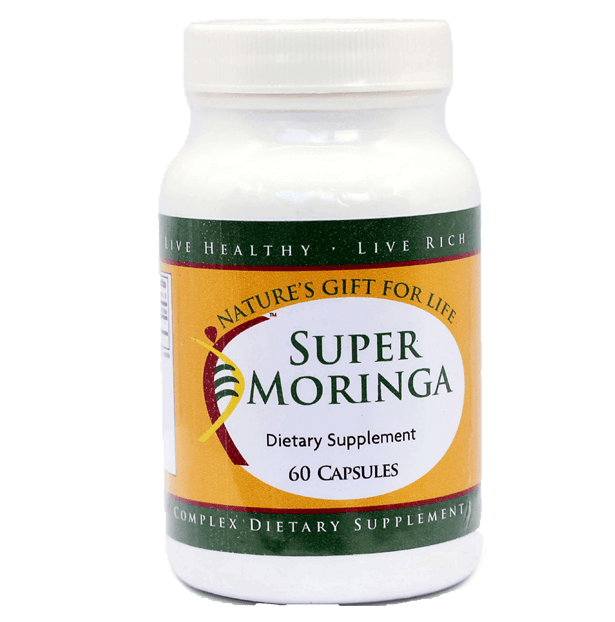
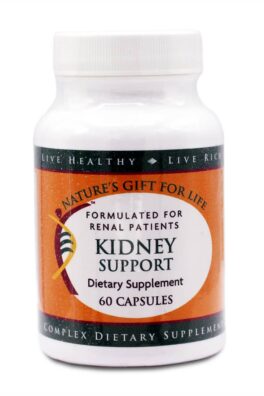
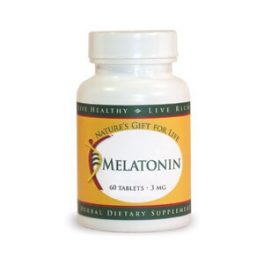
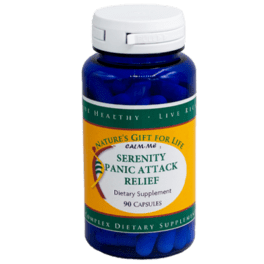
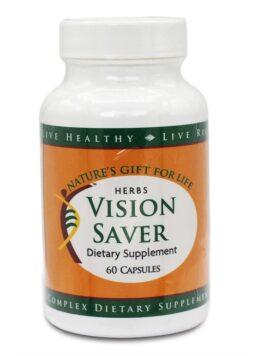
There are no reviews yet.